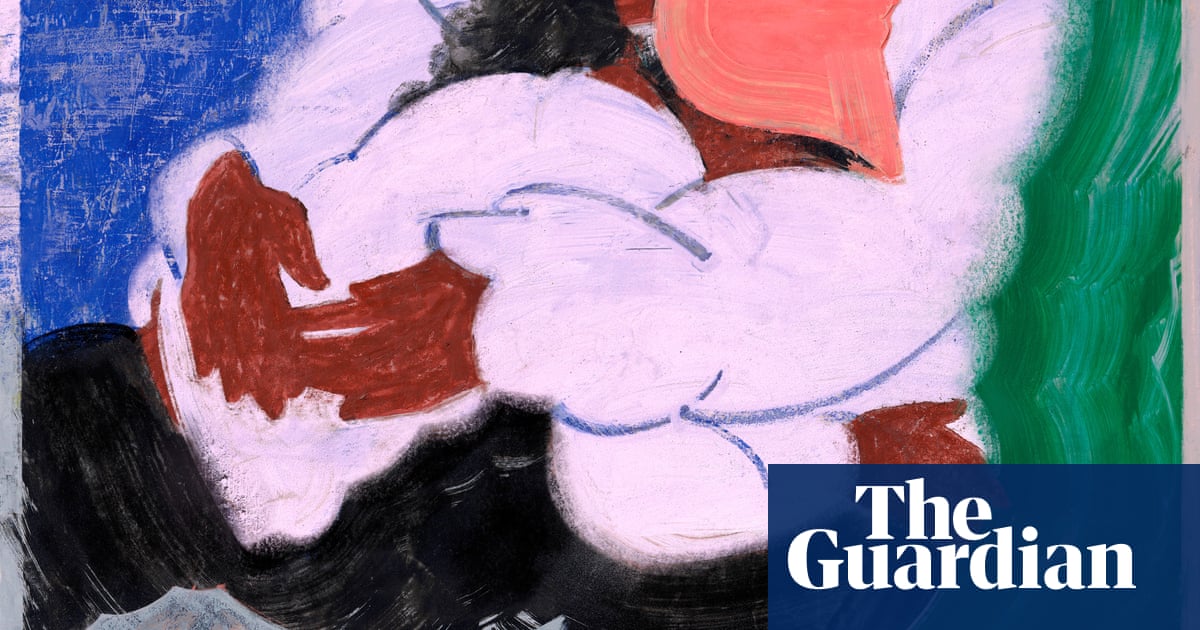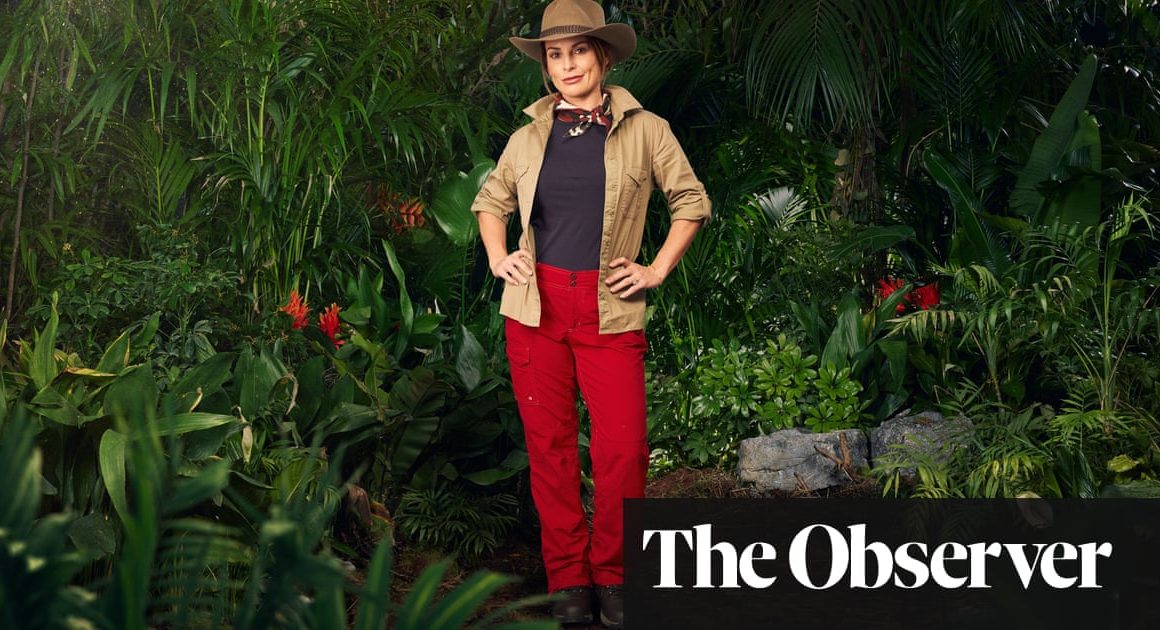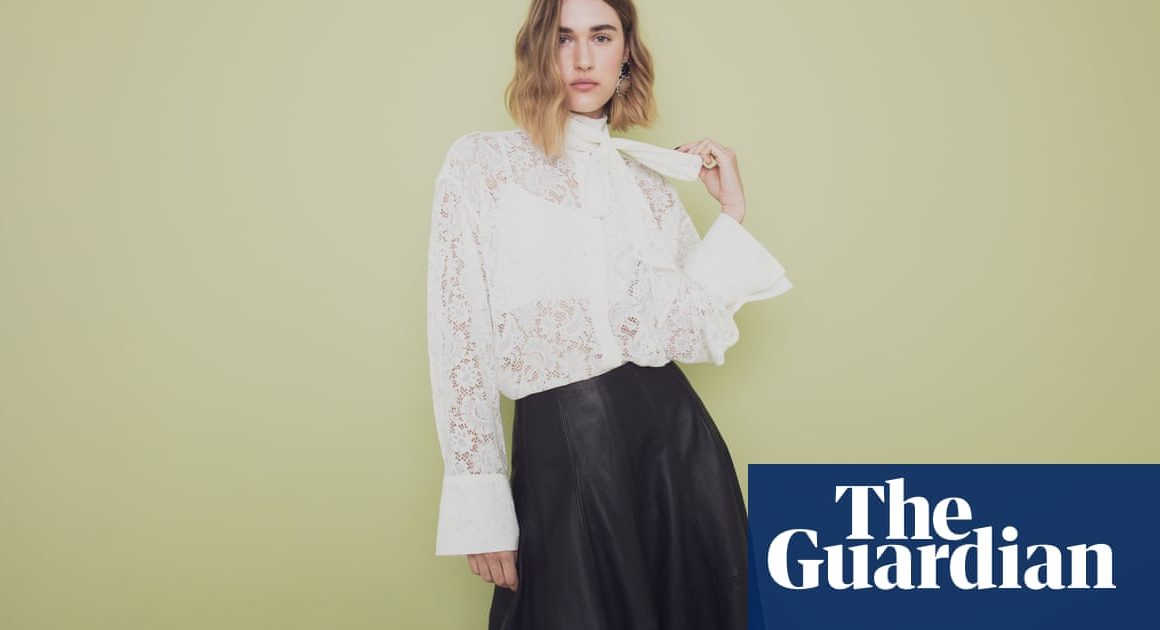In a couple of weeks I’ll be 47, and I’ve been surveying the emotional and physical landscape of my year. But in many ways, taking stock of myself has taken a backseat to thinking about my older child, who will turn 10 in a month. When I squint and angle my head just so, I can still see the infant in her: the high, smooth forehead; sparkling hazel eyes, which caught me off guard from the first moment I saw her; a furrowed brow that accompanies a preternatural thoughtfulness.
It’s been a big year for my kid. After getting the same haircut for seven years, she decided to grow out her bangs. While she still loves a graphic novel, she’s begun to burrow deep into lengthy novels. Her hips, thighs and torso have broadened. I can barely lift her, though I try. I cannot contain her in my arms, but thankfully she still likes to curl herself into me, her limbs and size-eight feet dangling off the couch.
My parents never talked to me about sexual development or periods. I didn’t want my daughter to be unprepared or to feel she can’t talk about puberty, so last year we read the first chapter of Sonya Renee Taylor’s Celebrate Your Body (And Its Changes, Too!) out loud together. It gave her an overview of what to expect in the next few years: growing breast tissue, blemishes and acne, body hair, intense emotions.
“Remember that puberty is stubborn, not arriving even one second before it’s ready. And that’s fine – just enjoy your body exactly as it is today. Tomorrow you can enjoy your body however it is then,” writes Taylor.
She squirmed through the reading, but she took part. I left the book on her bookshelf, along with Cory Silverberg and Fiona Smyth’s You Know, Sex: Bodies, Gender, Puberty and Other Things, to read on her own time, to talk about whenever she wants. She does come to me with questions, albeit less frequently and more shyly than I wish.
I’ve long wanted to approach perimenopause as a life transition similar to puberty. Together, my daughter and I are enduring unwieldy, messy phases – oily skin, dry skin, expanding abdomens, body parts misbehaving, undetectable but significant changes in our fallopian tubes. I hope to model that these are all normal transitions, not issues that need to be fixed. I want desperately to help her to feel comfortable, accepting, perhaps even grateful and celebratory of what is happening.
after newsletter promotion
My approach is not totally selfless. In my early days of recovery from alcohol and drug addiction, I heard several people say in meetings: “Help is the sunny side of control.” (I have since seen it attributed to the writer Anne Lamott, who has 38 years sober.) The idea echoes in my mind just when I need it – often when I least want to hear it – and it always feels like a devastating own by the universe.
By loudly framing and getting ahead of the puberty conversation, I am not just being a loving parent – I am being a controlling one. I want my child’s experience of puberty – and my experience of menopause – to be pleasant and openly discussed. I want to cover all the bases and bring everything into the open, even as it is impossible or inadvisable. These journeys are inherently uncontrollable and studded with difficulty. In addition, all people, young and old, are entitled to their privacy and secrets.
I am rapt in my child’s unstoppable growth, how she manages to navigate the inevitable and the profoundly unknowable with uneasiness and grace. I want to follow her example, a slow process of acceptance that can neither be managed or performed entirely on her own.
Recently, my 32-year-old cousin and her wife visited and stayed at our home. I was in the bathroom with my daughter, helping her pack for her first trip to sleepaway camp – another milestone. My cousin and her wife squeezed in to brush their teeth and do their hair. Soon we were all chatting and grooming in a shared space of female intimacy.
My daughter’s joy was palpable. It was not about receiving attention, but experiencing belonging: realizing she was part of something powerful that exists beyond the safe haven of our house, with others who could show her what comes after puberty’s tumult. And they could do this simply by existing, via their smooth or scarred skin, braless breasts, queerness and body hair. I felt so connected to my child, though she seemed entirely separate from me. It was devastating and beautiful.
Her experience connects her to so many others. “As you read this, there are 899,000,000 girls in the world between the ages of 0 and 14. That means at least 300 million girls are beginning puberty now,” Taylor writes. “Right this second some girl on the other side of the world is sharing some of the exact same experiences you are having.”
In 2023, there were approximately 934 million women aged 40 to 59 globally, which means that hundreds of millions of women are also going through what I am going through – fumbling, bleeding, sweating, crying, raging, wondering – and who have gone through it already. What comfort to know they are out there.











